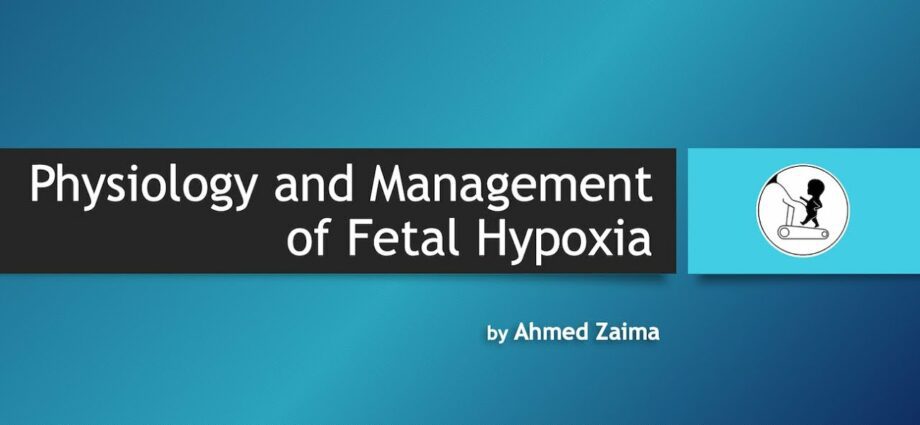Contents
Fetal hypoxia: video tips
In conditions of poor ecology and a busy rhythm of life, an increasing number of women are faced with various problems during pregnancy. One of the most common is fetal oxygen starvation, or, in medical terms, hypoxia.
Oxygen starvation of the fetus
What is fetal hypoxia and what are its possible consequences
During pregnancy, the fetus subsists on the mother’s body. From it, he receives not only vitamins, minerals and various nutrients, but also vital oxygen. With its deficiency, hypoxia, or oxygen starvation, develops.
Depending on the severity of the condition, this can lead to very different consequences:
- intrauterine growth retardation
- anomalies in the development of individual organs and systems of the baby
- threatened abortion
- intrauterine death of a child
Even if the pregnancy ends well, there is no guarantee that the child suffering from oxygen deprivation in the womb will be absolutely healthy.
Such children in infancy, as a rule, suffer from increased nervous excitability, sleep disturbances, hypo- or hypertonicity, and therefore need close supervision of a neurologist.
With proper treatment, by the year it is possible to remove all diagnoses associated with intrauterine hypoxia. However, if oxygen starvation during pregnancy was prolonged and managed to greatly harm the child, the consequences can bother him throughout his life.
Causes of oxygen starvation of the fetus
Many problems during pregnancy can be avoided with only one healthy lifestyle and good nutrition. However, fetal hypoxia often occurs for reasons beyond the woman’s control.
These include:
- gestosis
- violation of uteroplacental blood flow
- placenta previa
- anemia
- infectious and inflammatory diseases
- gestational diabetes mellitus
- Rh conflict or incompatibility between the mother and the fetus by blood group
Fetal hypoxia can occur not only during pregnancy, but also during childbirth. In this case, the well-being of the baby entirely depends on the correctness of the actions of the medical staff.
Symptoms of fetal oxygen deprivation
One of the most important signs of fetal well-being is the heartbeat, which is normally 120–160 beats per minute. If the baby’s heartbeat barely reaches a hundred, close supervision of specialists and drug treatment is necessary. When the fetal heart rate drops to 70 beats per minute, the woman needs urgent hospitalization.
If treatment is ineffective, doctors may suggest artificial childbirth.
At home, fetal hypoxia can be determined by the nature of the movements. They shouldn’t be sparse and harsh. Normally, the baby should move at least 10 times an hour. However, do not worry about the lack of movement for 3-4 hours: the child may simply sleep or not move too actively. The reason for panic is the lack of movement for 10-12 hours. In this case, you should immediately consult a doctor.
Also interesting to read: shellac manicure at home.










